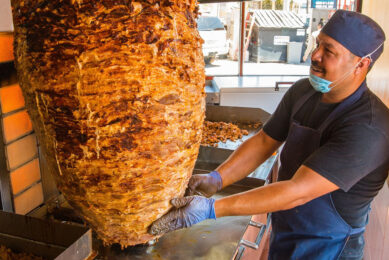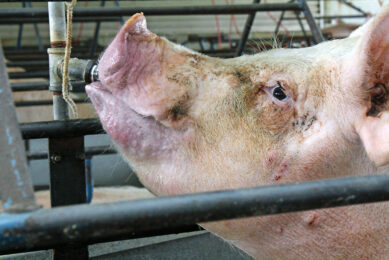US: Call for economic analysis of proposed GIPSA Rule

In a letter to USDA Secretary Tom Vilsack, Representative Jack Kingston (R-GA) called for a sound economic analysis to judge both the need and the utility of a proposed Grain Inspection, Packer and Stockyards Administration (GIPSA) rule that deals with the procurement of livestock.
“In my view, it is unprecedented for a federal agency to propose such a wide-sweeping regulation and not conduct an economic analysis,” Kingston said in a letter to United States Department of Agriculture (USDA) Secretary Tom Vilsack. “I am concerned that despite Congress having appropriated $13 million in the current fiscal year for the USDA Office of the Chief Economist, GIPSA has seemingly ignored this resource to analyze the proposal.”
©
In addition to a lack of economic analysis, Kingston said there are other questions that have been raised with the rulemaking that require immediate response, including what some view as an attempt by the agency to circumvent the intent of Congress and what Kingston says appears to be a carefully choreographed effort by the agency and others within the USDA to lobby Congress, press, industry and public officials on the proposed rule.
©
“ … Anyone who witnessed the recent Livestock, Dairy & Poultry Subcommittee hearing on the Administration’s proposed rule got the message that there are broad, bipartisan concerns that the proposed rule goes far beyond the scope of the 2008 Farm Bill, lacks a sound economic analysis necessary to judge both the need and utility of the proposed rule and may be the result of a flawed rulemaking process,” Kingston said.
©
“I am troubled that while the USDA and the Department of Justice are in the midst of conducting a series of workshops throughout the nation to gather information on a range of topics addressed by this proposal, USDA has chosen to focus its resources on efforts to promote this regulation rather than carefully consider the consequences, intended and unintended, particularly for those it purports to protect — producers,” Kingston concluded.
©
©











